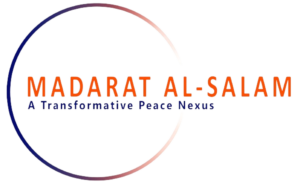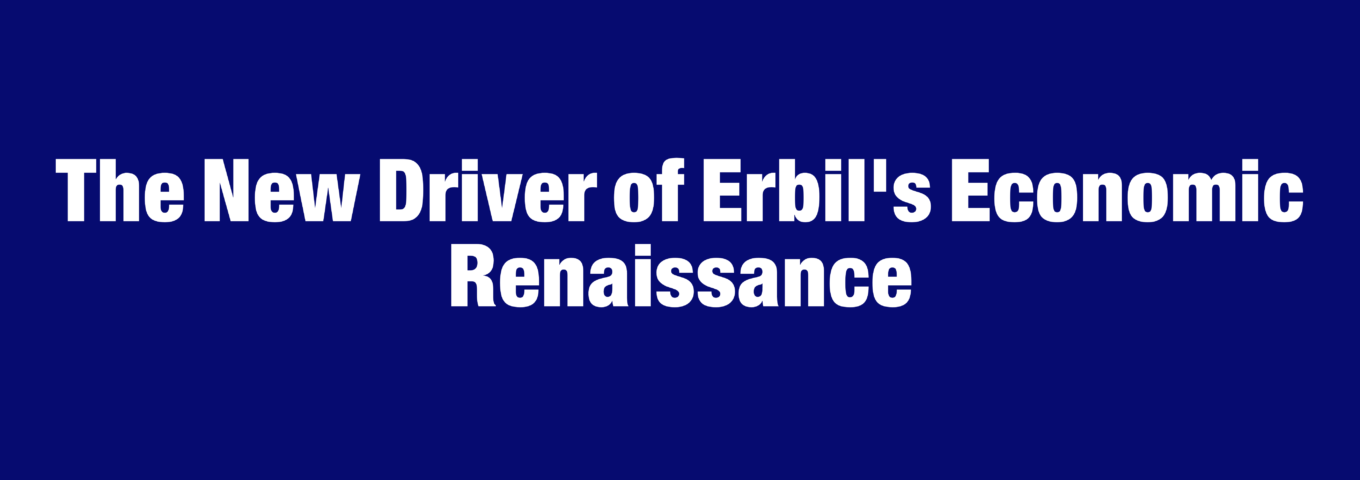The New Driver of Erbil’s Economic Renaissance
Erbil, the capital of Iraqi Kurdistan, is witnessing a paradigm shift in its business landscape. A wave of ethical business practices is sweeping through the city, challenging traditional notions of profit-at-all-costs and setting new standards for corporate responsibility.
At the forefront of this movement is Green Textiles, a company that has become a case study in ethical business success. Founded in 2019 by Dilan Othman, a 35-year-old entrepreneur with a background in sustainable fashion, Green Textiles has revolutionized the local garment industry.
“When we started, people said we were naive,” Dilan recalls. “They argued that ethical practices would make us uncompetitive. We’ve proven them wrong.”
Green Textiles implements fair labor practices, paying workers 30% above the industry average and providing comprehensive healthcare benefits – a rarity in the sector. The company also uses eco-friendly production methods, including water recycling systems that have reduced their water usage by 70%, and solar panels that provide 50% of their energy needs.
The results speak for themselves. Since implementing these practices, Green Textiles has seen its profits increase by 30%, while employee turnover has dropped from 25% annually to less than 5%. “When we treat our workers fairly and respect our environment, everyone benefits,” Dilan explains. “Our employees are more productive, our products are higher quality, and our customers are more loyal.”
The success of Green Textiles has inspired a wave of ethical business practices across Erbil. The Erbil Chamber of Commerce reports that 40% of local businesses have adopted some form of ethical or sustainable practices in the past two years, up from just 10% in 2020.
This shift is attracting attention from international investors. Ethical investment in Erbil has grown by 45% since 2021, with major funds citing the city’s commitment to sustainable business practices as a key factor.
Local government is also playing a role. In 2023, the Erbil City Council passed the “Ethical Business Incentive Act,” offering tax breaks to companies that meet certain ethical and environmental standards. The act aims to make Erbil a hub for responsible business in the Middle East.
The impact extends beyond the business world. Erbil has seen a 20% reduction in industrial pollution since 2021, and worker satisfaction scores across the city have improved by 35%, according to a recent survey by the Kurdistan Workers Union.
As Dilan Othman puts it, “We’re not just changing how we do business. We’re changing our entire economic culture. And in doing so, we’re creating a more prosperous, equitable, and sustainable future for Erbil.
“Disclaimer: The stories and individuals presented in these articles are composites based on real events, initiatives, and experiences occurring across Iraq. Names, specific personal details, and some circumstances have been altered to protect privacy and synthesize multiple real-world examples. While these narratives are representative of actual situations and progress in the country, they should not be taken as direct quotes or interviews with specific individuals. Our organization has been inspired by such initiatives and aims to accurately reflect the spirit, challenges, and achievements of people and projects making a difference in Iraq. By sharing these stories, we hope to encourage and promote more such impactful work across the country. These articles showcase the potential for positive change and innovation in various sectors, highlighting efforts that align with our organization’s mission and values.” – Zainab Qassim, Executive Director – Madarat.

